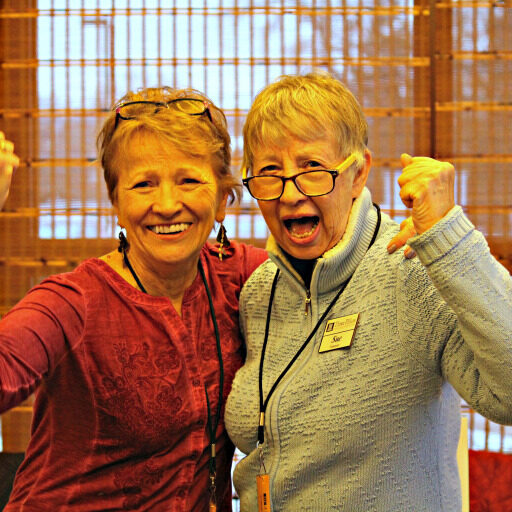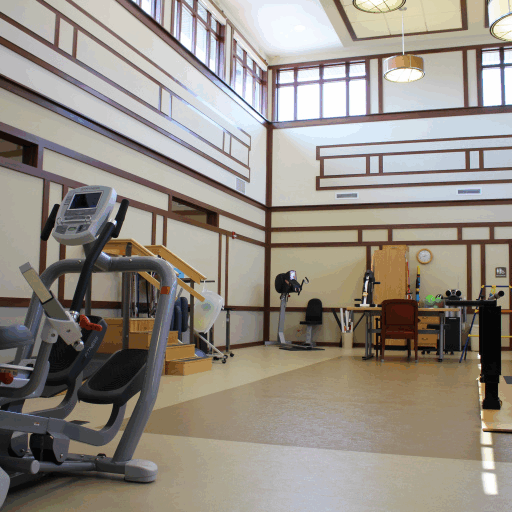Social Support & Wellbeing for Older Adults
Research has shown that the need for social support is crucial for older adults. For retired people especially, “social capital” — or enriching social networks — can often be in short supply. According to the Organization for Economic Cooperation and Development, you could think of social capital as, “the links, shared values and understandings in society that enable individuals and groups to trust each other and so work together.”
When it comes to older adults, there are typically fewer opportunities for daily social interactions once a person retires from working and their primary social network begins aging. With declining health, distance, or COVID-19 restrictions, older adults can even more rapidly lose ties with their friends and colleagues.
How is Social Support Linked to Wellbeing?
Studies have shown that loss of social support opportunities have a direct impact on mental and physical wellbeing. Small to nonexistent social networks have been linked to depression and anxiety, especially following a dramatic life change — even something like moving to an assisted living community. Social support is a critical resource during times of stress, as the insights and comfort that other individuals can offer provides a valuable coping mechanism.
Persistent loneliness is assumed to be linked to cognitive decline, earlier onset dementia, and altered brain functionality. Epidemiologists at the Rush Alzheimer’s Disease Center in Chicago spearheaded a study which found that seniors who self-identified as having strong social support were observed to have a 70% slower rate of cognitive decline than those who were more isolated. These statistics were independent of sociodemographic factors and physical and mental health status.

Social Capital at a Senior Community
One of the reasons that isolation can be so detrimental is that healthy social capital ultimately encourages healthy behaviors. At a community like Three Pillars, friendly neighbors in a similar age group are abundant and personal wellness and communication is championed by staff. There are intrinsic health benefits to activities like taking a walk with a friend around the campus grounds, taking a group class, or seeking out health screenings at our Wellness Connection after hearing about them from fellow residents.

The community at Three Pillars and similar senior living communities encourage networking among residents and an open and welcoming environment with plenty of opportunities to socialize. Every resident is made to feel accepted, and employees aim to connect residents with programming to suit their needs where social connection is plentiful. If you’ve ever thought a retirement community might be a place with a dismal row of rooms where residents withdraw and rely on television for entertainment, think again. It is the mission of Three Pillars to offer something for everyone, no matter their interests or passions, and a strong social network is an integral part of all we do.
Contact us today to learn more about how we’re serving up social support!




